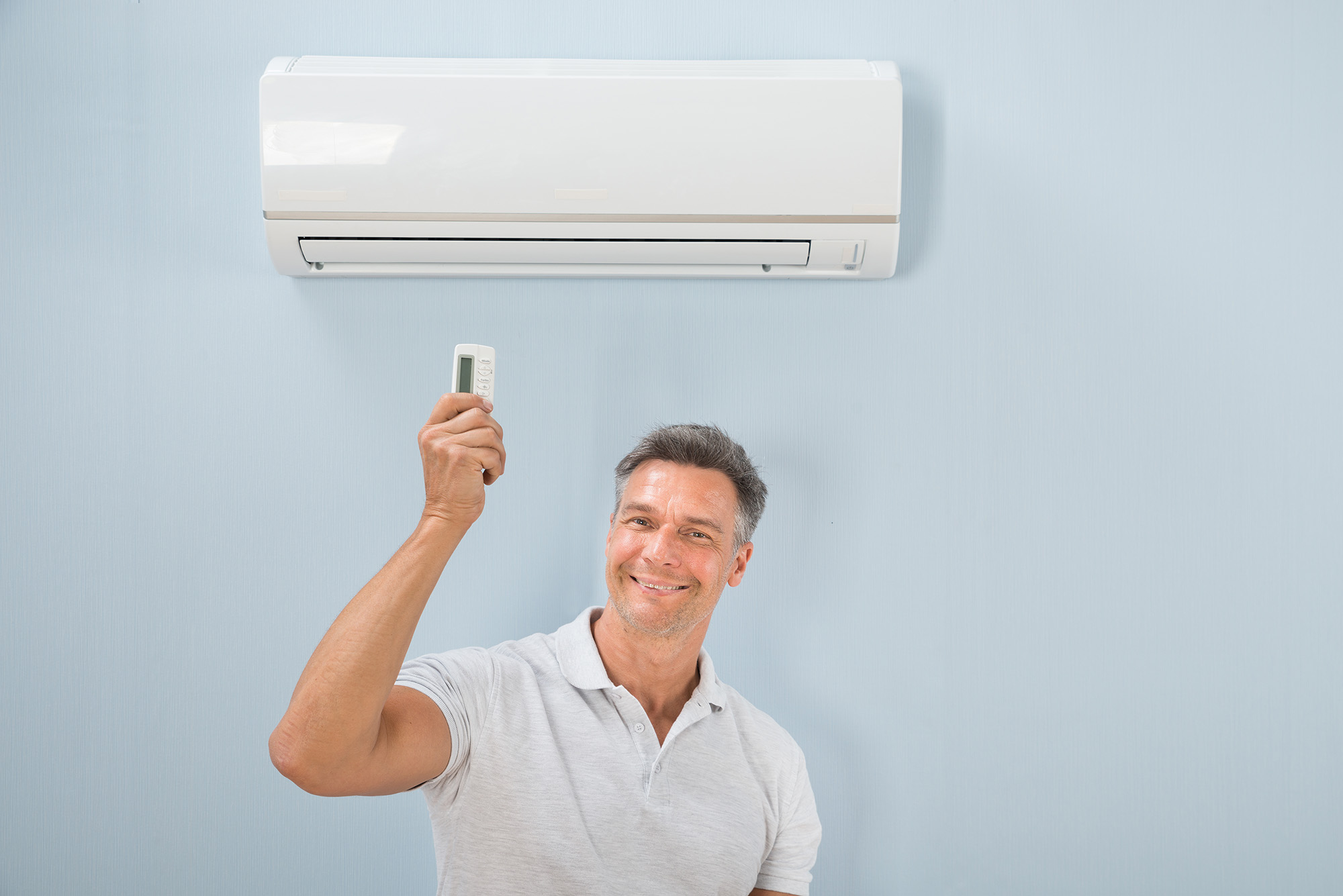Air Conditioner Maintenance

Air Conditioner Maintenance: Ensuring Efficiency and Longevity
Air conditioners are invaluable assets in modern homes and offices, providing comfort during those sweltering summer days. Just like any other piece of equipment, the performance of your air conditioner (AC) can be significantly enhanced with regular maintenance. For those wondering why regular AC maintenance is crucial and how to go about it, this guide is for you.
1. Why is AC Maintenance Essential?
Energy Efficiency: A well-maintained AC runs more efficiently, which means it consumes less energy. This is not only beneficial for the environment but also for your electricity bills.
Longer Lifespan: Routine maintenance can extend the lifespan of your AC unit, saving you the cost and hassle of frequent replacements.
Improved Air Quality: Clean AC systems reduce the risk of circulating pollutants and allergens in your living or working space.
Fewer Repairs: By catching issues early on, you reduce the chances of major breakdowns and costly repairs.
2. Essential Air Conditioner Maintenance Steps
Filter Replacement: The filter is your first line of defense against dirt and debris. It should be checked monthly, especially during peak use, and replaced or cleaned when it appears dirty or clogged.
Cleaning the Condenser Coils: The condenser coils, found in the outdoor unit, should be checked and cleaned at least once a year. Dirty coils can make the compressor work harder, increasing energy consumption.
Checking the Coolant Level: The refrigerant (or coolant) level in your AC should be just right—not too high or too low. An HVAC professional can check this for you and recharge the system if necessary.
Inspecting the Thermostat: Ensure your thermostat is working correctly and consider upgrading to a programmable model if you haven’t already. This allows you to set temperatures for different times of the day, saving energy.
Drain Lines and Pan Cleaning: The drain line, coming from the evaporator coil, can become clogged over time. Ensure it’s clear to avoid water damage and to maintain optimal humidity levels.
3. When to Call an HVAC Professional
While basic maintenance like filter changes can be done by homeowners, certain tasks are best left to professionals. This includes tasks like checking coolant levels, deep cleaning of coils, and inspecting electrical components. Regular annual or bi-annual check-ups by a certified HVAC technician can help diagnose and prevent potential issues.
Conclusion
Maintaining your air conditioner isn’t just about ensuring a cool space—it’s about optimizing performance, ensuring longevity, and achieving energy efficiency. Dedicate some time and attention to your AC unit, and it will undoubtedly serve you well for years to come.
Popular QuestionS
Generally, it’s recommended to check your AC filter every month, especially during peak usage seasons. If it looks dirty or clogged, it should be replaced or cleaned. For homes with pets, smokers, or allergy sufferers, more frequent changes might be necessary. Always refer to the manufacturer’s guidelines for specific recommendations.
AC units can freeze up due to a variety of reasons, including restricted airflow from a dirty filter, low refrigerant levels, or malfunctioning fans. To prevent this, ensure regular maintenance like cleaning or replacing filters, checking refrigerant levels, and ensuring all fans are in good working condition. If the problem persists, consult an HVAC professional.
It’s advisable to have your AC system checked and serviced by a professional HVAC technician at least once a year, preferably in the spring before the peak cooling season. This routine check can identify potential problems early on, ensuring efficient performance throughout the summer.